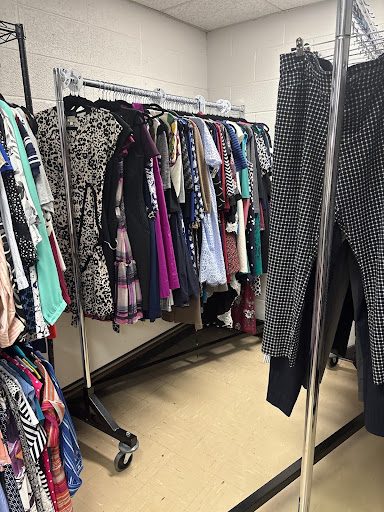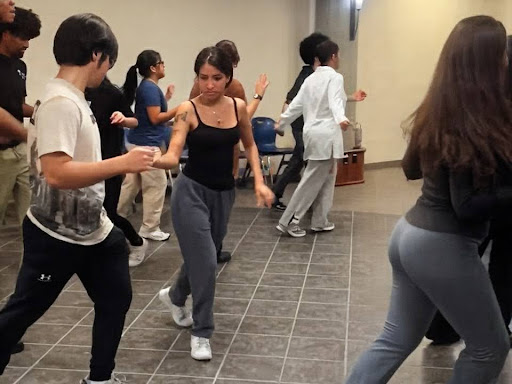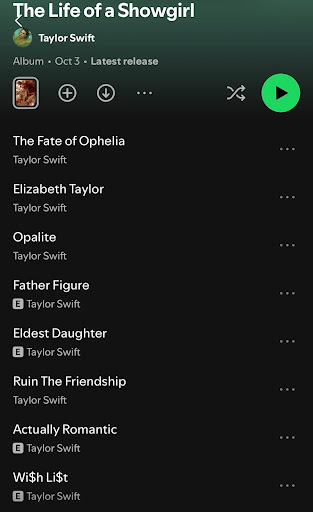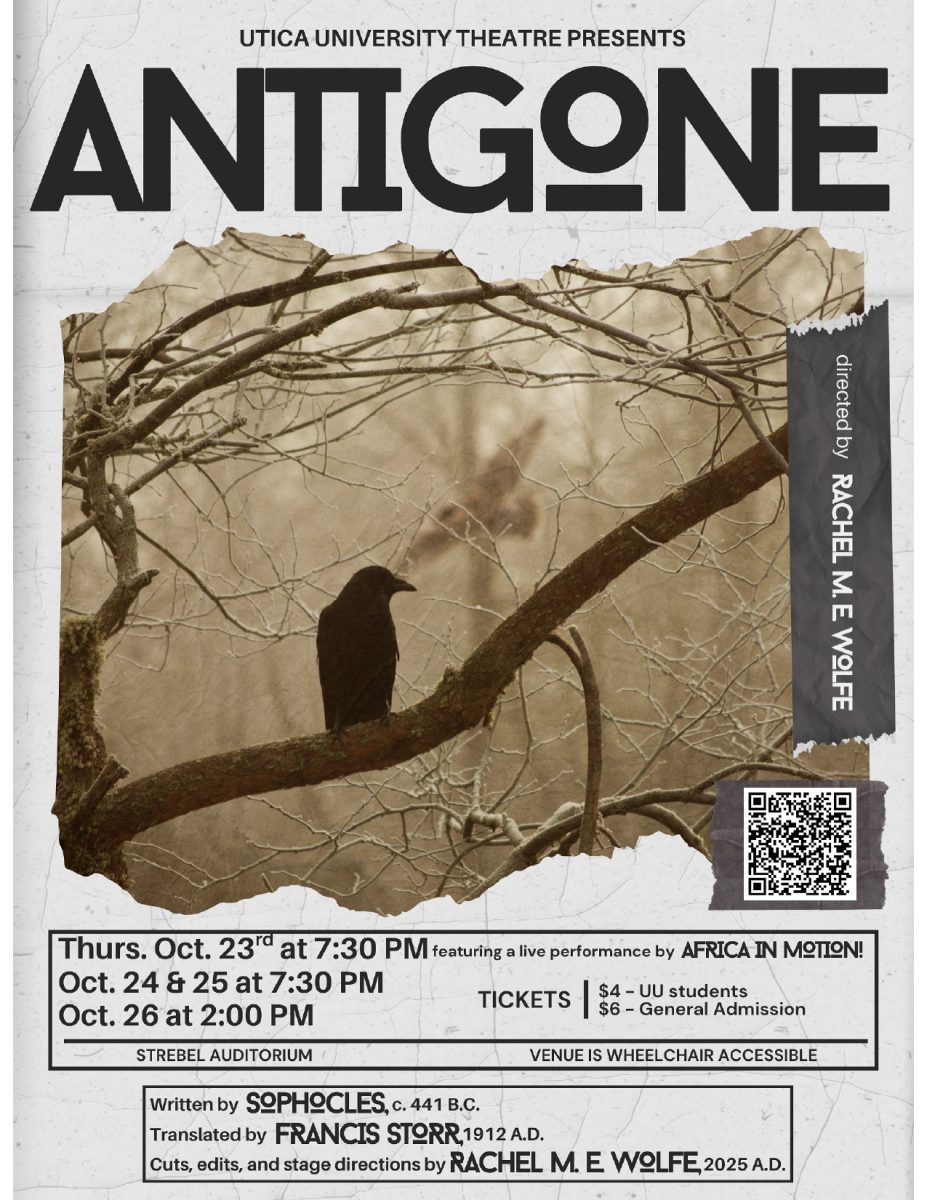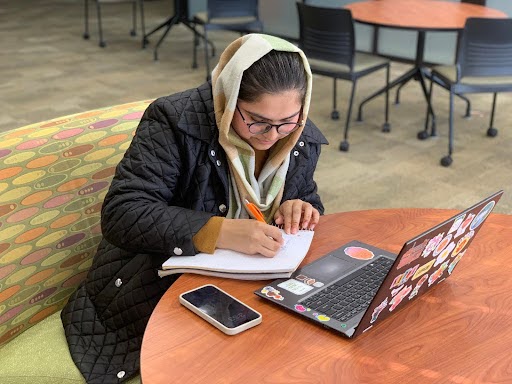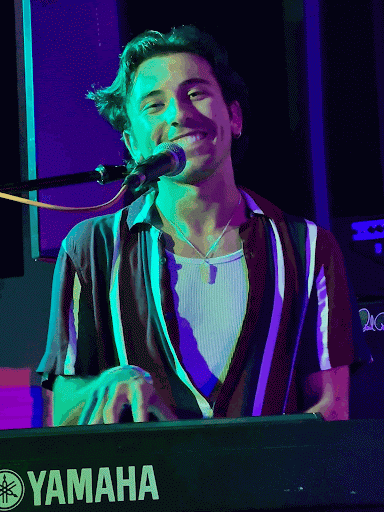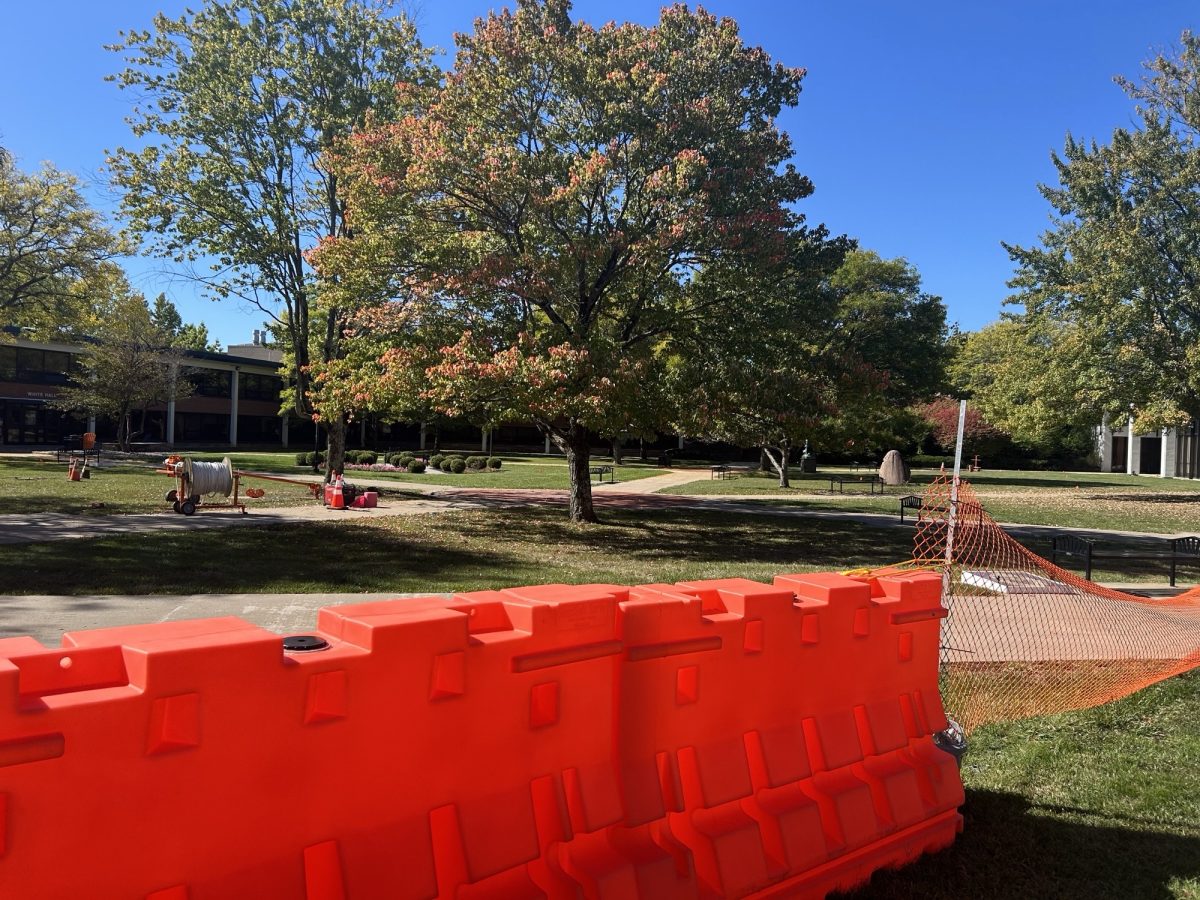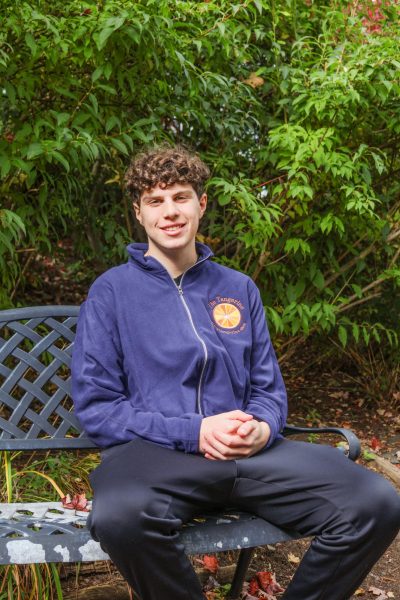Artificial intelligence is rapidly changing society in a myriad of ways, education being one of the biggest.
According to a recent survey by the American Association of Colleges and Universities and Elon University, 59% of academic leaders said cheating has increased since generative AI tools have become widely available, with 21% noting a significant increase, and 54% do not think their institution’s faculty are effective in recognizing generative Al–created content.
Opinions on AI are mixed at Utica University, with some appreciating the technological advancements that it provides and others feeling apprehensive about the changes in the learning process.
Jason Denman, dean of Humanities and Social Sciences at Utica University, said it’s his job to teach people to think and if “people as a culture have the resources to do something that thinks for you, it’s scary.”
“It doesn’t mean that there aren’t some positives, but I mostly see the negatives here,” Denman said.
Utica University Cybersecurity professor Jack Givens said he views AI as overall positive for students, but it does have drawbacks. He is concerned that AI will lead to a certain loss of skills that students are supposed to develop in college.
“As a way to make presentations, it’s a positive. As a way of eroding what students are coming to university to learn, it’s a negative,” Givens said.
Students concerned, research shows AI use is underreported
Last month, the nonprofit Educause released a report on students’ experiences in higher education, with one of its key findings being that students may be limiting and/or underreporting their use of AI due to fears of committing academic misconduct, unclear acceptance by instructors.
“Students are significantly less likely to use generative AI when its use is discouraged and it is not integrated into academics; workforce expectations also influence usage, with those anticipating AI use in their careers more likely to engage with it,” according to the report.
As far as some college students are concerned, reliance on AI is a big issue, and is almost impossible to not use.
“AI is everywhere now, it can be a little tempting,” Utica University junior Luke Reed said. “It has gotten to the point where everyone is using it.”
Siena College student Nick Biski said AI has become “a huge problem” and sees almost everyone use it.
“I think that this is more harmful than good to those trying to get an education,” Biski said.
Most colleges and universities don’t have an AI strategy
Earlier this month, an article published by Inside Higher Ed reported that just 11% of chief technology officers at colleges and universities indicated that their institution has a comprehensive AI strategy “while about half believe their institution puts more emphasis on thinking about AI for individual use cases than thinking about it at an enterprise scale,” according to the article.
At Utica University, Givens said many professors have changed how they assign work because they know so many students are turning to AI. He has moved away from writing assignments because it was evident many papers were written using AI.
“Even if you don’t use it to completely write your essay, you’re using it for 90% of it,” Givens said. “That saddens me in a way because essays used to be a great way to evaluate students with use of vocabulary, use of syntax, structure, ability to form thoughts and make them coherent and clear. The ability to form an argument and a thesis statement. Those things are gone because of AI. That is probably the single largest change as far as I’m concerned.”
Denman said he worries about his own children and how AI will impact their critical thinking and college experiences.
“I’m totally worried. I have kids. I have no idea what their college experience will look like for those reasons,” Denman said. “There will be ways where we will adapt but I don’t know what those adaptations are. I haven’t had time to react in the ways that I’ve wanted to.”
Givens, whose expertise in homeland security, criminal justice and digital forensics provides familiarity with AI, said artificial intelligence has ruined education and has been “way more destructive to the education industry than we as educators are willing to acknowledge and we need to wake up or this thing, I think, is going to kill our industry as we know it and we just haven’t caught on yet.”
“The assessment that we use to measure students’ progress are completely blown out of the water,” Givens said. “AI can take notes, it can write essays, you can use it to prepare your presentations, you can use it to conduct your research, you can use it to get assistance with foreign language education, math, science, history, even art. There’s nothing AI cannot do in this kind of intellectual and creative space.”
Though there are many conveniences, Givens noted that AI is not perfect and “that’s not to say that it’s as good as humans in some ways.”
Givens said there are many positives, though. Since the popularity of AI, many have debated if AI is a good or bad shortcut. Givens believes that both can be true as AI can be useful for creativity and a good shortcut or a bad shortcut.
“If you’re writing fiction or something, and you need to brainstorm ideas for how a particular scene in a novel unfolds you can totally use AI to help you in that brainstorming process,” Givens said. “If you’re having AI write a novel for you and that’s a shortcut that completely removes the human element in the creative process and I would not want to read an AI written novel because I know it’ll lack the ability and the nuance and texture and rough edges that a human written novel would.”
The future is uncertain, but higher education must ‘adapt or perish’
Many fear that as AI continues to advance it will eventually eliminate human jobs. Givens and Denman believe this is a real possibility.
“I know a lot of people agree with me privately but won’t say it publicly,” Givens said. “AI is going to kill off a lot of jobs and our challenge as professors teaching this stuff is we will have to teach students to be fluent in AI tools. And these are things that we shouldn’t be doing now but should’ve done yesterday.”
Denman doesn’t envision AI faculty, but instead said he might see AI taking over parts of a registrar’s office, for example.
“Presumably, I don’t know how long that’s gonna take to happen. I don’t know enough to know how or what would happen,” Denman said. “There were auto workers freaking out about robotics in the 70’s. This is gonna happen all over again. It’s just gonna be with quote on quote ‘white collar jobs’ that have a new and different anxiety.”
Biski and Reed also worry about how AI will impact the job market after they graduate.
“I don’t necessarily know how AI will impact my field personally as I am going to school to be a gym teacher,” Reed said. “I don’t necessarily see how that will be replicated. But, you never know with this technology.”
Biski, however, has a lot of worries since he has seen how other forms of technology remove human jobs.
“I’m sure that AI teachers are definitely something that somebody is working on already,” Biski said. “Further than that I worry about what teaching is going to look like and how I am going to be able to help students learn when there is so much technology out now to hurt their learning in every way.”
Givens said Utica University has a problem on its hands and should get ahead of it before damage is done.
“Education is a process. You have to go through the process to learn. If you’re just focused on the end result you missed the point,” Givens said. “For smaller institutions like ours I think AI is kind of a direct threat to what we do and we need to be clear eyed and honest about that. Because as I said earlier, every student uses AI even if you don’t think they use AI you’re being naive. Every student uses AI and we have to either adapt or perish.”



